Last year, I gave birth to my son. I held this perfect little person in my arms and felt complete awe at this deeply personal experience. And yet at the same time, all around the world, women were giving birth to their own children, having their own deeply personal experiences. Something inside of me changed. I no longer looked at women as being “generally pregnant” or giving birth on masse; through my own experience, I saw that all these other individuals were experiencing things just as uniquely as I was.
When my Mother was diagnosed with ovarian cancer, I didn’t just feel like a statistic of people affected by cancer – I was travelling a path with my family that was ours and within our family our experiences branched off further as individuals. While my Mother is now cancer free, it was the closest I’ve come to experiencing that potential of grief; losing someone immediate, someone who cannot be replaced.
Through this time, I was able to look a little differently at a dear friend. This past 3 years she has mourned her brother’s death, and I fast realised I have had no idea what she had been experiencing.
Lib’s brother was diagnosed with terminal cancer at the age of 32, and he passed away soon after this diagnosis. His family were left with a hole in their lives and an experience so unique that it seems so far from statistics and numbers. When tragedies strike, they can hit thousands of people, as planes are brought down and earthquakes shatter countries. Or they could involve a lonely hospital bed or anxious parents waiting in vain for their child to come home. Irregardless of the scale it is always individual and unique to those that grieve.
The way our society works seems almost ill-equipped for these personal journeys of grief. There are things in place to help; we have counsellors and psychiatrists, we have charities and the NHS offering wonderful resources. There are seminal works such as “On Death and Dying” by Elisabeth Kübler-Ross that offer vast amounts of comfort and understanding for all involved. Additionally, we have the limitless possibility of the internet where we can search for and share with people all over the world. What I feel we are ill-equipped for is dealing with grief on a personal level, face to face. Instead of searching the internet communities for an outlet for our grief, can we talk candidly to those who are friends, family and acquaintances? If not.. Why not?
I remember my shock when I was studying in America and someone asked how I was doing – I answered sincerely to their back as they walked away, not realising that they were offering a fleeting greeting rather than an enquiry of my wellbeing. I realised that while I don’t phrase it the same, I often ask people how they are without wanting or expecting an answer other than “I’m good”. While I cannot take away someone’s grief, or even know the personal stories of all those I interact with daily, could I help them grieve by asking sincerely and then sitting down and listening? After almost three years I’m finally trying to fully listen to my friend as she talks to me about her feelings of grief and loss and I wish I could have done it sooner, over and over again whenever she needed it.
I wanted to share this story and to do it in a way that allowed people to listen, to take time and experience the sound of Lib’s voice as she talks about her brother, to read about her journey, to see her. To others viewing this piece it may just be another remote story about tragedy, grief and loss, but I wanted to show that while this is one of many experiences of bereavement, it is worth taking the time to listen to as it is unique; it is hers. And that is what is most important.
[envira-gallery id=”1565″]
[envira-gallery slug=”libs”]

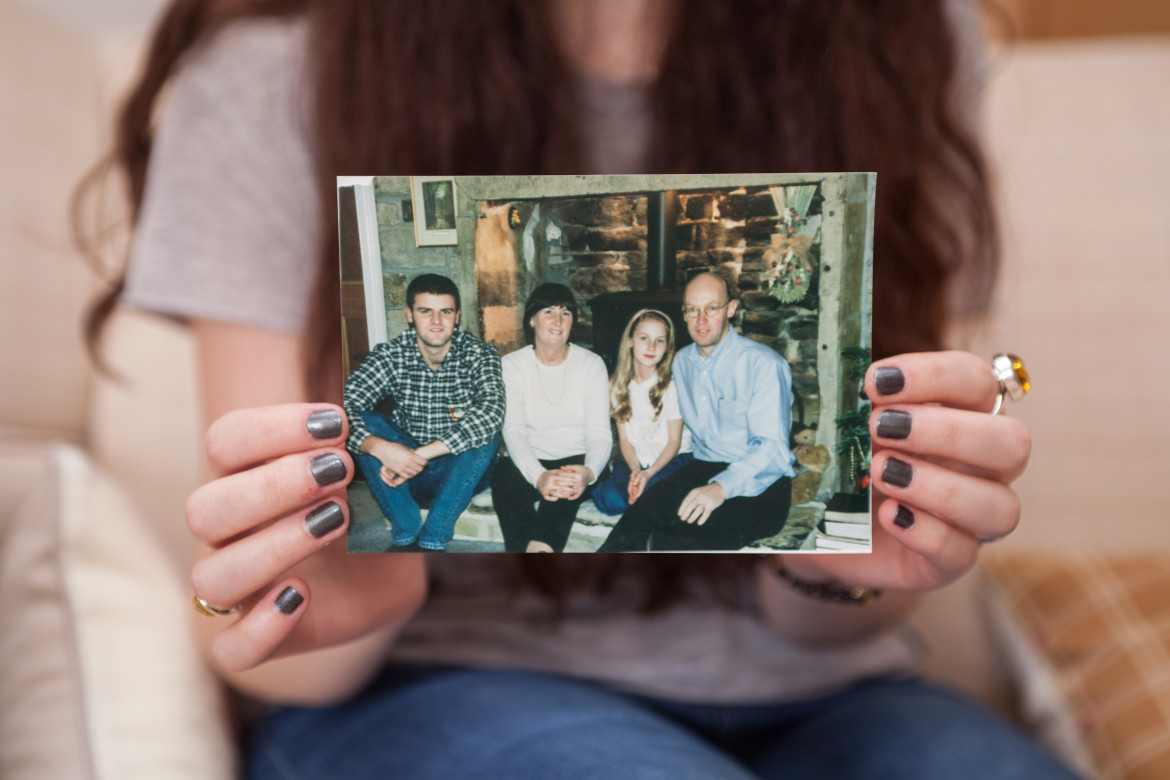

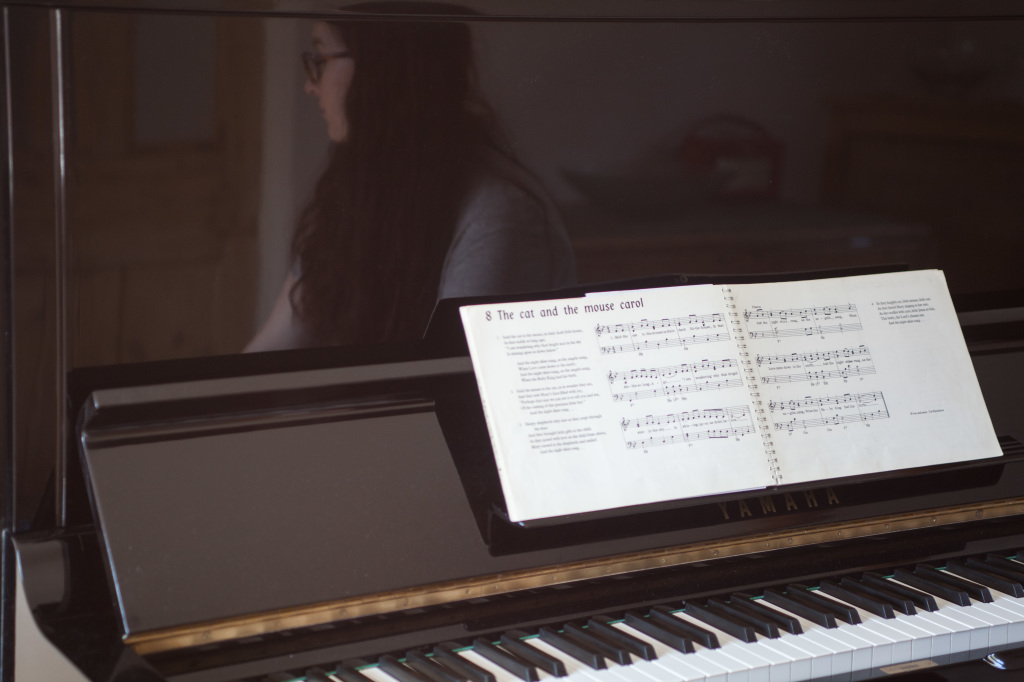
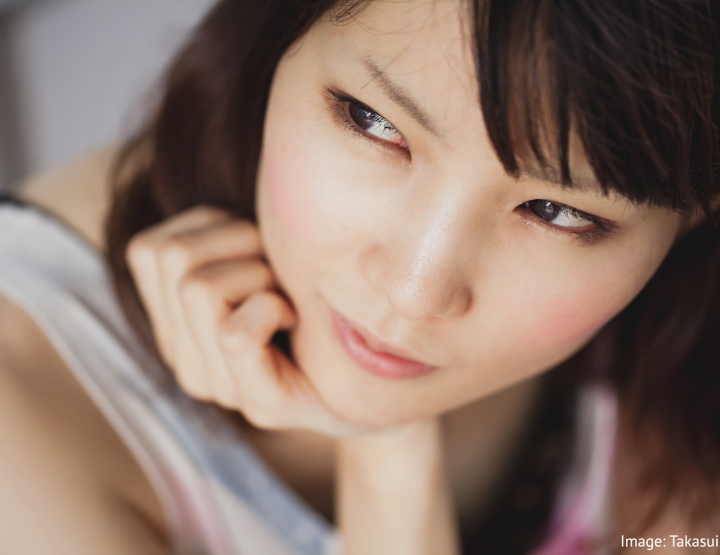
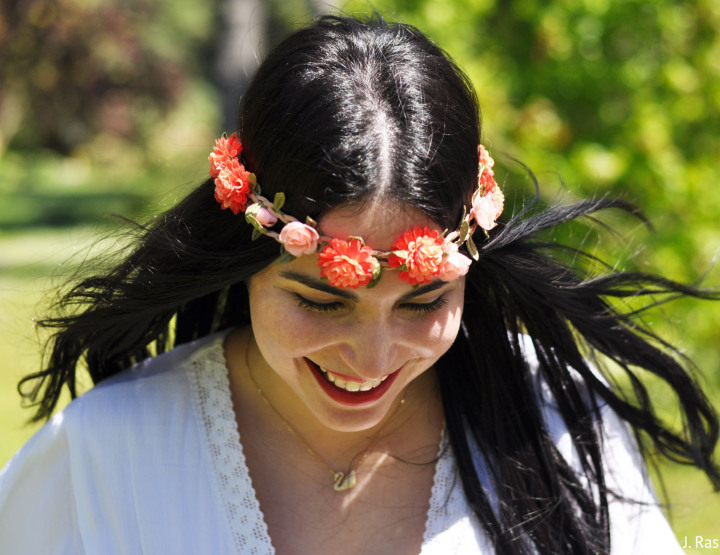
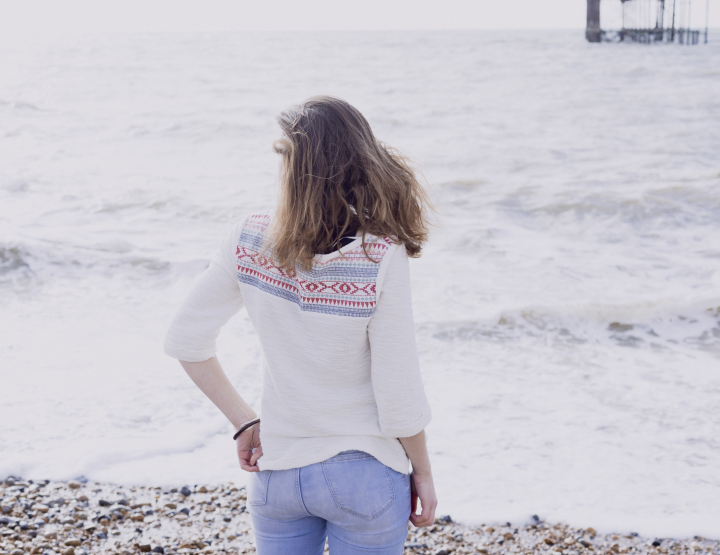

Leave a reply